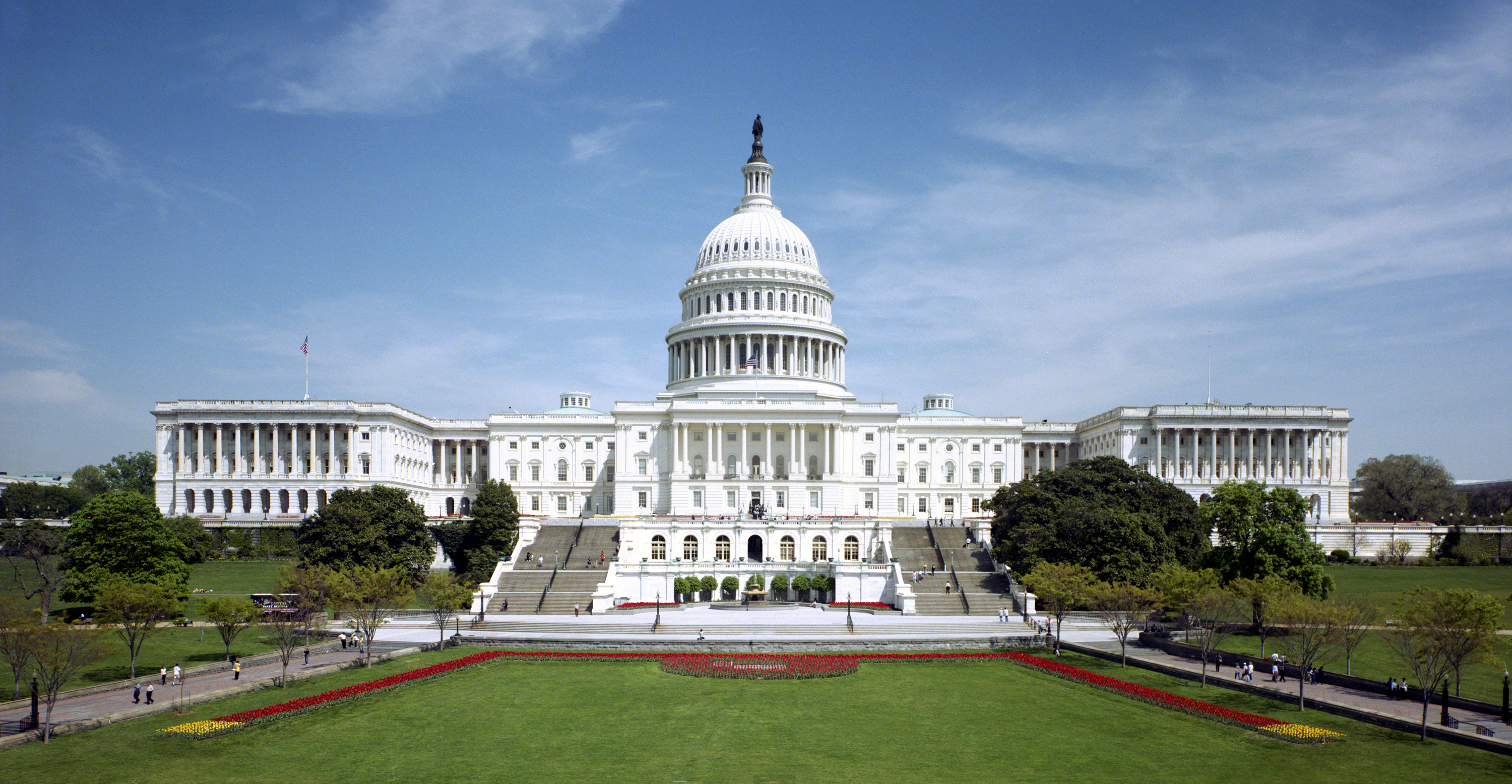Court Demands New Procedures for Challenging No-Fly List Determinations
As Wells noted a few days ago, the U.S. District Court for the District of Oregon issued an opinion this week in Latif v. Holder, which held unconstitutional certain redress procedures for individuals on the Federal Bureau of Investigation’s No-Fly List.
Published by The Lawfare Institute
in Cooperation With

As Wells noted a few days ago, the U.S. District Court for the District of Oregon issued an opinion this week in Latif v. Holder, which held unconstitutional certain redress procedures for individuals on the Federal Bureau of Investigation’s No-Fly List. This post overviews the opinion.
Judge Anna Brown begins with a recitation of the facts, briefly summarized here: Latif and the other plaintiffs, all citizens of the United States, were prevented from boarding flights over U.S. airspace since 2009. The plaintiffs each unsuccessfully sought redress through the Department of Homeland Security Traveler Redress Inquiry Program (DHS TRIP). The government has refused to provide the plaintiffs with confirmation that they are or are not on the No-Fly List, the reasons for their inclusion on the List, or any of the evidence underlying the decision to place and maintain their names on the List.
The plaintiffs first argue that the No-Fly List procedures violate their procedural due process under the Fifth Amendment. To evaluate this, the court runs through the familiar balancing-of-interests test articulated in the landmark case Mathews v. Eldridge. First, the court finds a constitutionally protected, private interest in international travel by air due to the burdens of such travel by other means. The No-Fly List is a severe and far-reaching impediment to the exercise of that interest. Further, placement on the No-Fly List harms plaintiffs’ constitutionally protected interest in their reputations, as it carries the stigma of being a suspected terrorist and deprives those on the List of access to commercial flight. This stigma theory is mitigated, however, by the fact that the disclosure is not broadly public, but rather, is limited to “a relatively small group of individuals in the same area of the airport as the traveler when the traveler is denied boarding.”
Next, the court says that there is “high risk” that the government will place travelers on the No-Fly List erroneously, first due to the low evidentiary standard required to do so (i.e., reasonable suspicion); and second, due to the lack of any “meaningful opportunity” for the listed person to correct an erroneous listing decision. Additional procedural safeguards would improve accuracy and have “significant probative value.” The court then provides examples of potential substitute procedures: notifying travelers of their inclusion on the No-Fly List after they are denied boarding, informing listed individuals of the reasons for their inclusion on the List, and providing listed individuals with an opportunity to present exculpatory evidence.
No procedural due process analysis is complete, however, without consideration of the government’s interest, “including the function involved and the fiscal and administrative burdens that the additional or substitute procedural requirement would entail.” The governmental interests in combating terrorism and protecting classified information are “particularly compelling,” says the court. But after a reviewing the case law at length, Judge Brown concludes that the DHS TRIP process is “wholly ineffective” and “falls far short of satisfying the requirements of due process.” The government did not provide the plaintiffs with an explanation for their inclusion on the No-Fly List, nor even any confirmation that they were on the List at all, despite the low standard necessary to place someone on the List in the first place.
The court next briefly considers plaintiffs’ claim that the DHS TRIP process is “arbitrary and capricious” and contrary to a constitutional right in violation of the Administrative Procedure Act (APA). Beyond the constitutional inadequacy of DHS TRIP, the legislation authorizing the creation of the No-Fly List requires that a process exist to “correct information contained in the system.” Because the current procedures do not provide a “meaningful mechanism . . . to correct erroneous information,” the court finds that the DHS TRIP process fails under the APA for this reason as well.
By way of remedy, Judge Brown instructs the government to establish new procedures that address the deficiencies of the current system. The court does provide some guidance: The government, the court says, must provide notice “reasonably calculated to permit each Plaintiff to submit evidence relevant to the reasons for their respective inclusions on the No-Fly List,” such as unclassified summaries of the reasons for placement on the List or disclosure of classified information to counsel with the proper security clearance.
Matt Danzer is a graduate of Columbia Law School, where he was a member of the Columbia Law Review and served as president of the National Security Law Society. He also works as an editor for the Topic A public policy blogs on Roll Call. He graduated from Cornell University in 2012 with a B.S., with honors, in Industrial and Labor Relations.



-final.png?sfvrsn=b70826ae_3)

